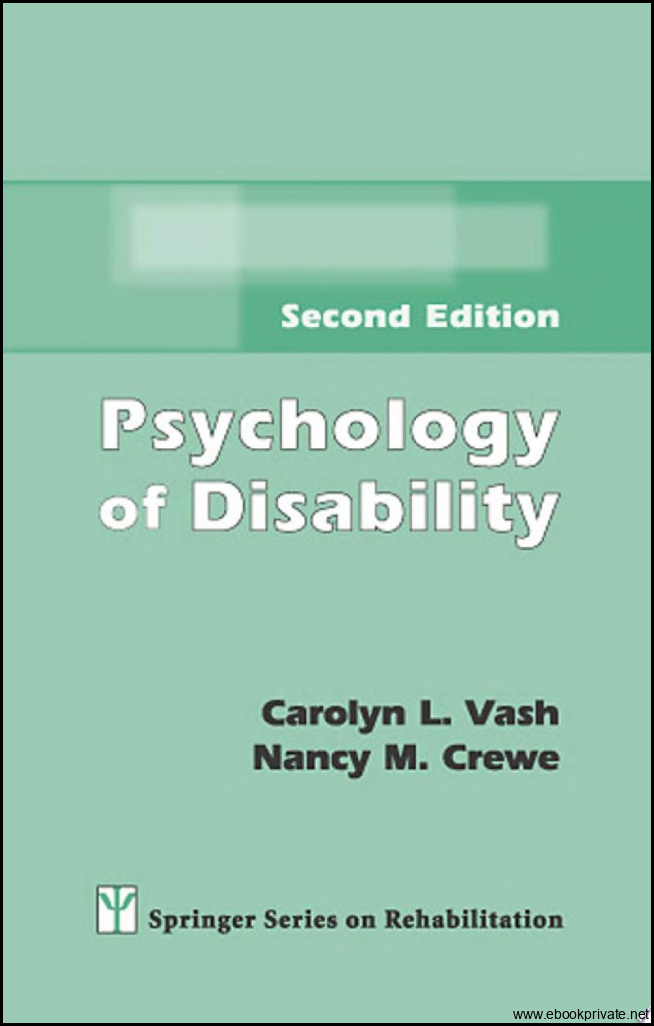Book Review: Psychology of Disability
The Psychology of Disability, penned by Carolyn L. Vash and Nancy M. Crewe, is an insightful book that delves deep into the psychological aspects of disability and how it affects individuals in various aspects of their lives.
Through its comprehensive analysis, the authors have successfully explored the emotions and experiences of disabled individuals, their families, and caregivers. The book sheds light on the challenges faced by disabled individuals in society, such as negative attitudes, lack of social support systems, and barriers to physical access.
One aspect that resonated with me was the authors’ emphasis on treating disabled individuals as “whole” rather than just focusing on their disabilities. This approach enables them to lead fulfilling lives and achieve their goals like any other individual.
The authors’ writing style is clear, concise, and easy to follow. They have used case studies throughout the book to illustrate their points further. I found these case studies very informative as they provided real-life examples of how disabled individuals navigate through life’s challenges.
One area where I feel that there could have been more emphasis is on technology advancements for people living with disabilities. Assistive technologies such as hearing aids or wheelchairs are mentioned briefly but could have been explored further.
Overall, Psychology of Disability is a must-read for anyone looking to understand more about the psychological aspects of disability. The book provides insight into how to support and empower disabled individuals in society while respecting their autonomy and rights. I rate this book an 8/10 for its engaging content and informative nature.
Psychology of Disability

publishedDate : 2003-11-06
authors : Carolyn L. Vash, PhD, Nancy M. Crewe, PhD
publishers : Springer Publishing Company
pageCount : 352
Article Related to “Psychology of Disability” Book :
Disabilities – American Psychological Association
Disabilities. Disability is a broad concept used to describe the interaction of physical, psychological, intellectual, and socioemotional differences with personal and environmental factors including attitudes, cultural beliefs, legal and economic policies, transportation, buildings, etc. Disability is also part of being human.
The Psychology of Ableism and Communication
Compensatory expressive behavior for facial paralysis: Adaptation to congenital or acquired disability . Rehabilitation Psychology , 57(1), 43-51. doi: 10.1037/a0026904.
